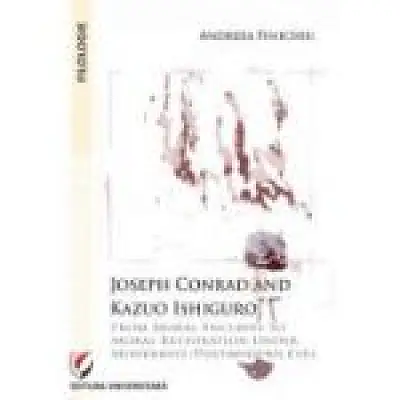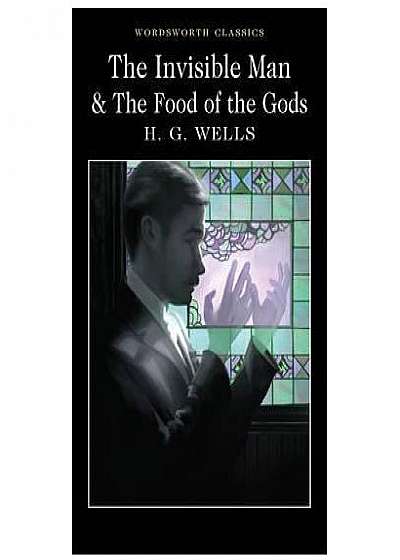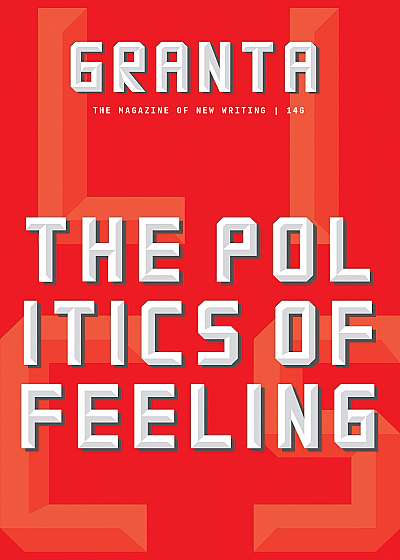
Joseph Conrad and Kazuo Ishiguro. From moral enclaves to moral restoration under modernist/postmodern eyes
Descriere
A period of approximately 60 years separates Conrad’s last complete novel (The Rover, 1924) from Ishiguro’s first (A Pale View of Hills, 1982). And yet, despite spanning an expanse of moral agnosticism, through modernist and postmodern/contemporary times, respectively, their literary work can be considered to renegotiate what has sedimented into our collective conscious as standards of morality and, ultimately, humanity. They are, for this reason, enclaves - they team up across decades to dare differ from the general tenets of the movements they inhabit. The moral restoration is a proposed counter-movement to the anaesthetic trends of 20th and 21st-century overexposure and normalization of violence, trauma, and oppression discourse and narratives. Here, ”moral” is not to be understood as a reactionary, dogmatic kind, but rather as sensitizing and self-regulating. We are never told what to do, but we are encouraged to ruminate on what we are told and, equally important, what is left unsaid. This book aims to map the inception of the proposed counter-movement by referring to the Japanese Ma aesthetics of negative or empty spaces, the case of dystopia’s sensitizing ends, as well as a number of psychoanalytic and cross-literary observations in analysing Joseph Conrad’s ”Falk: A Reminiscence” and Kazuo Ishiguro’s Klara and the Sun, Never Let Me Go and The Remains of the Day.





